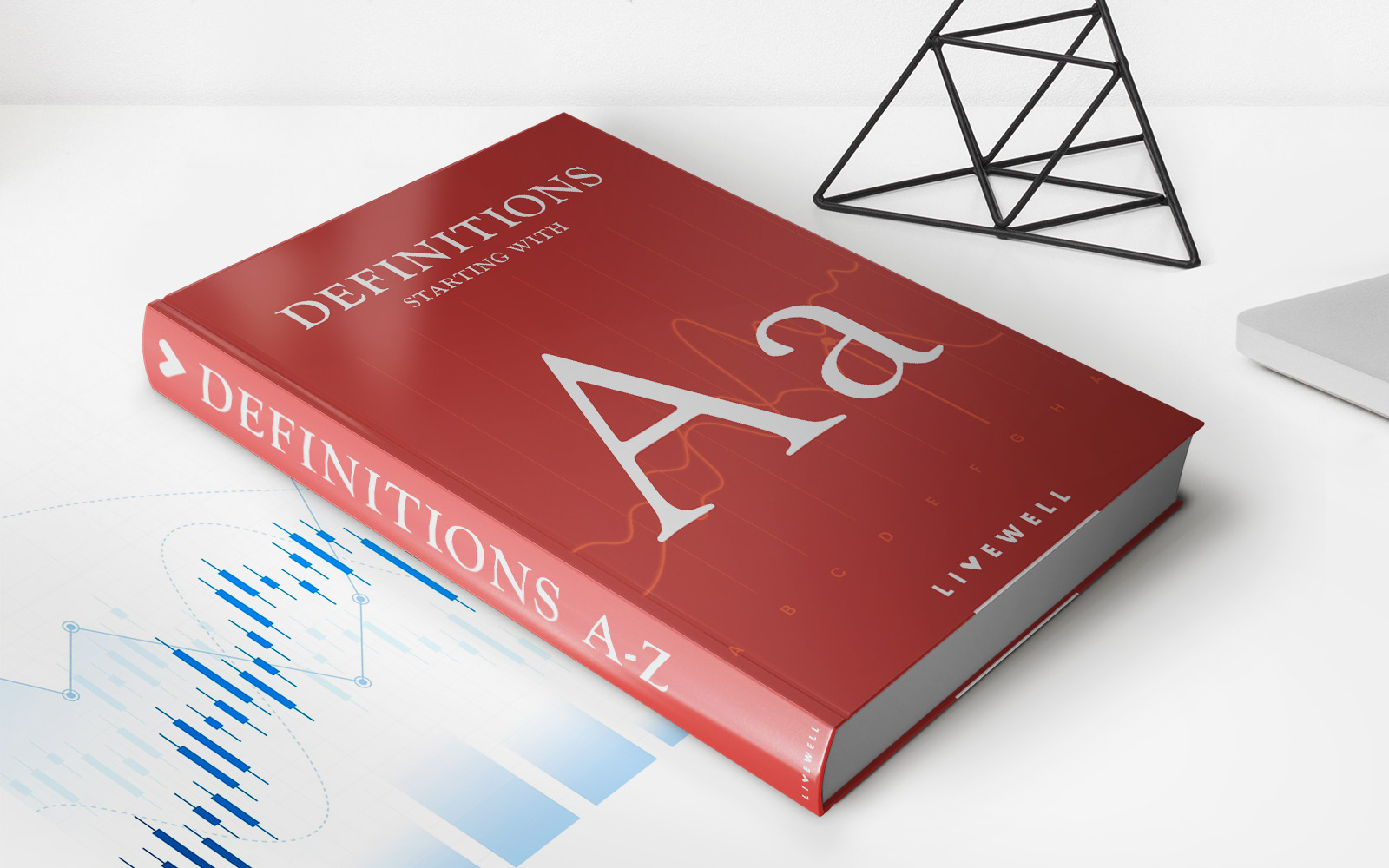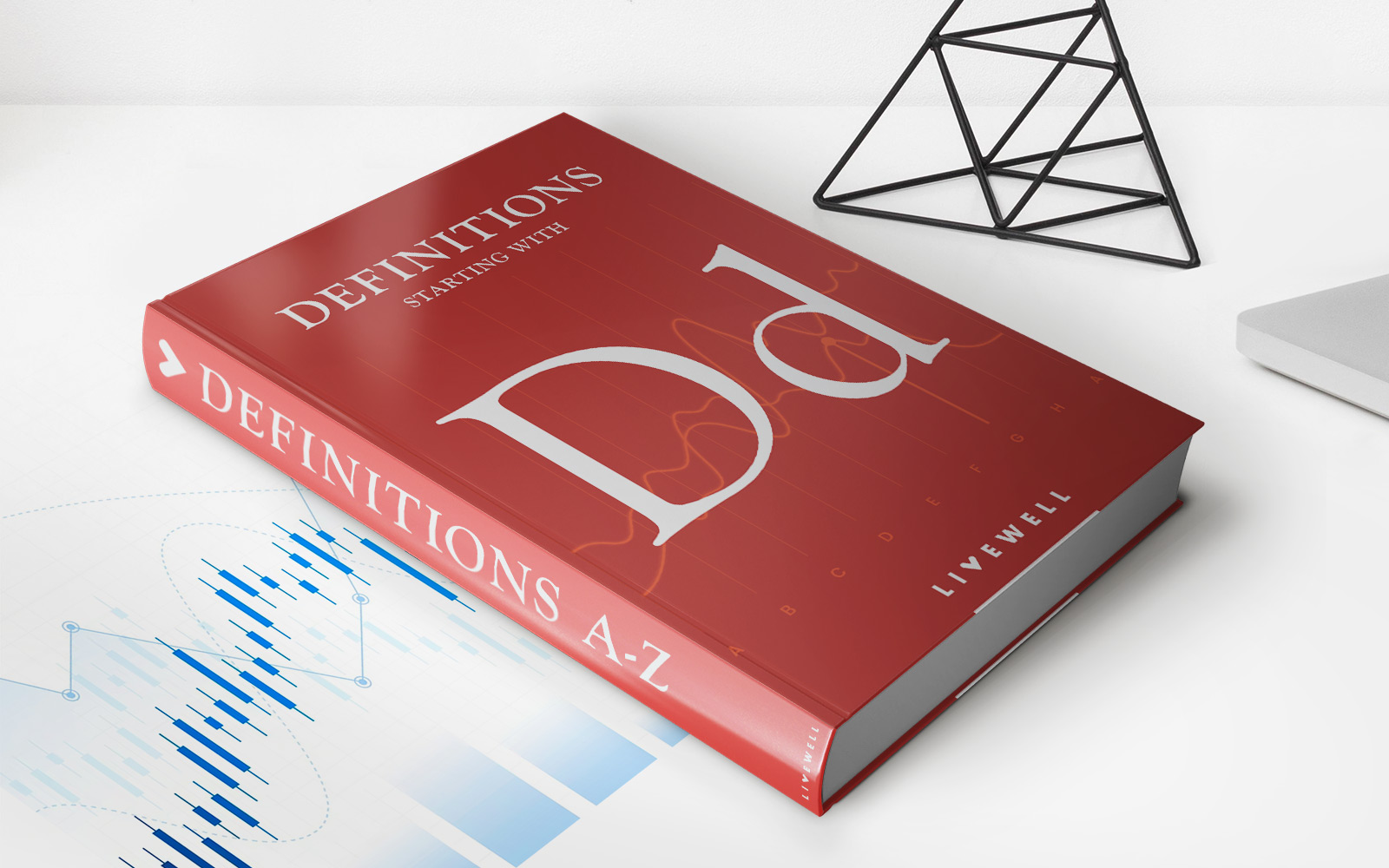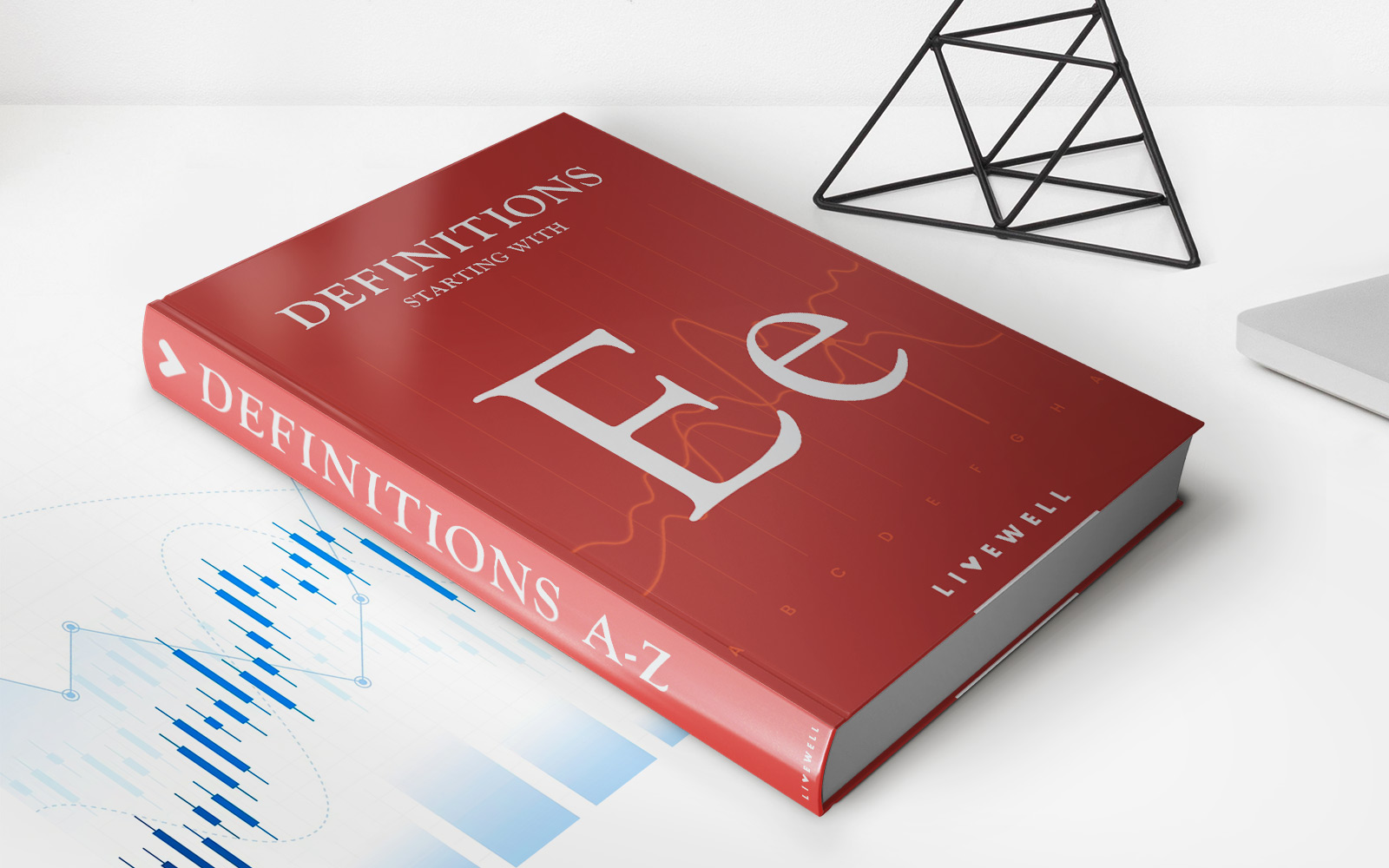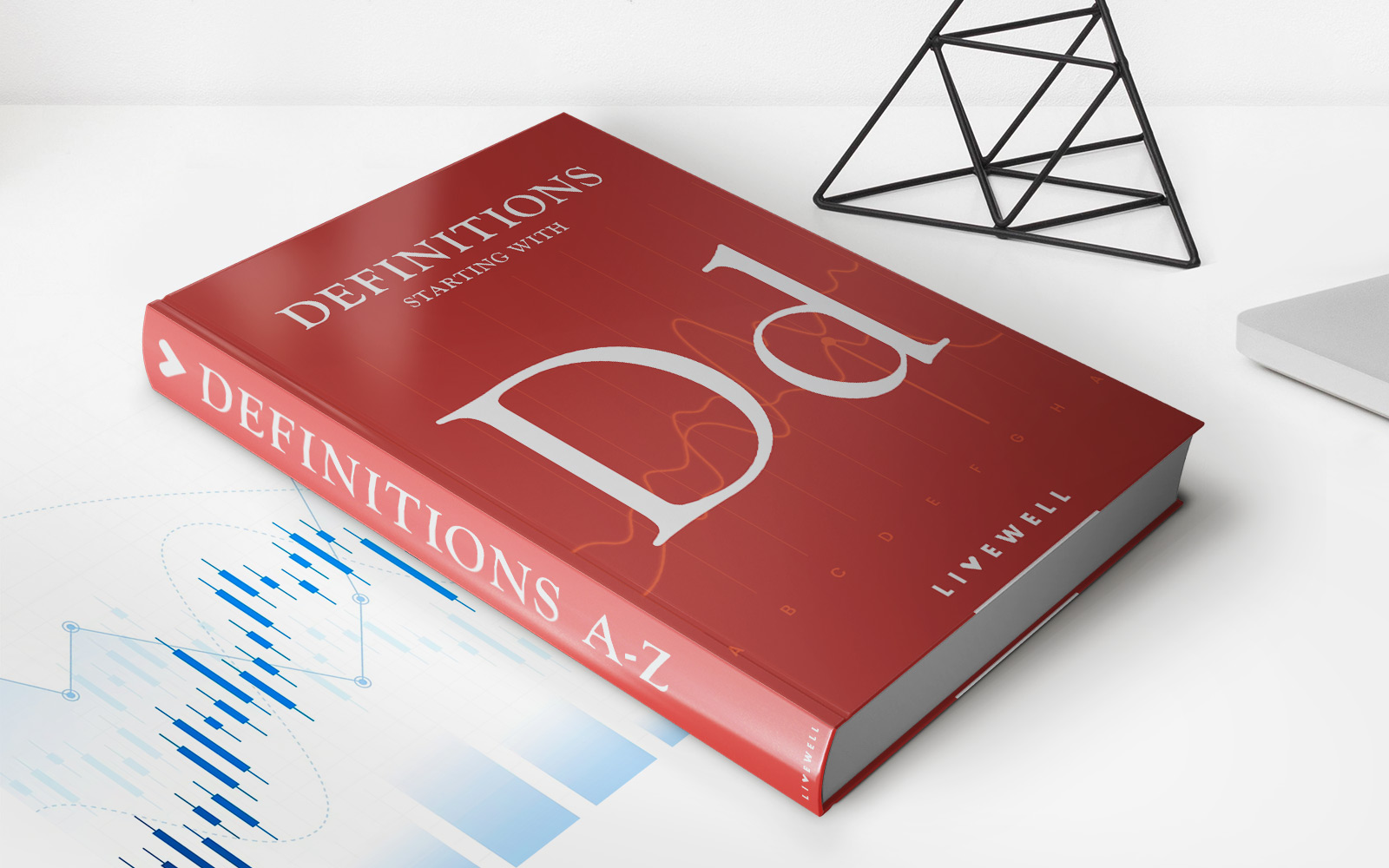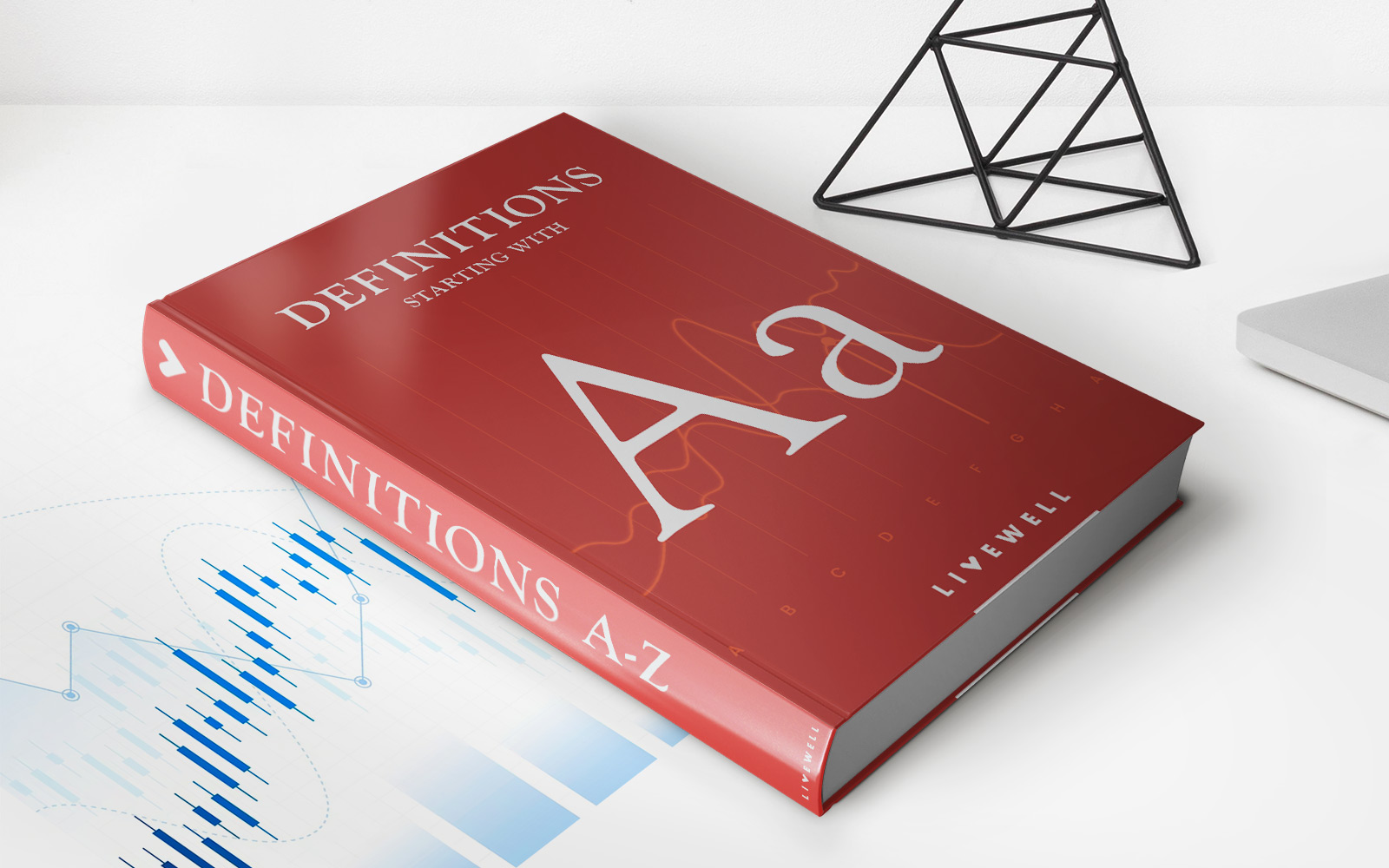

Finance
General Agreements To Borrow (GAB) Definition
Published: November 30, 2023
Learn about the definition of General Agreements to Borrow (GAB) in the field of finance. Discover how this financial instrument works and its significance.
(Many of the links in this article redirect to a specific reviewed product. Your purchase of these products through affiliate links helps to generate commission for LiveWell, at no extra cost. Learn more)
Understanding General Agreements to Borrow (GAB): A Guide to Financial Stability
Finance is a vast and complex field, with numerous terms and concepts that can often be bewildering to those outside the industry. One such term that may seem perplexing at first is the General Agreements to Borrow (GAB). In this blog post, we will break down the definition of GAB, its significance in the financial world, and how it can impact global financial stability.
Key Takeaways:
- General Agreements to Borrow (GAB) are arrangements between member countries and institutions that provide emergency borrowing facilities.
- GAB plays a vital role in maintaining global financial stability by ensuring that member countries have access to liquidity during times of crisis.
What is General Agreements to Borrow (GAB)?
In simple terms, the General Agreements to Borrow (GAB) can be defined as a financial arrangement that aims to provide member countries and institutions with emergency borrowing facilities. GAB was created by the International Monetary Fund (IMF) in 1962 to supplement its own resources and enhance its ability to respond to crises.
The GAB allows member countries to borrow funds from other member countries and institutions in times of urgent need. These funds can be utilized to address balance of payments difficulties, stabilize currencies, and counteract financial crises. This arrangement provides a safety net for member countries, ensuring that they have access to liquidity when facing economic challenges.
The GAB works on the basis of voluntary lending arrangements, where member countries and institutions contribute resources based on their quota shares within the IMF. The amount that each member can access under the GAB is determined by their quota, which is determined by various factors, including the country’s economic size and financial position.
How Does GAB Impact Financial Stability?
GAB plays a crucial role in promoting financial stability on a global scale. Here’s how:
- Ensures Liquidity: By providing member countries with emergency borrowing facilities, GAB ensures that they have access to much-needed liquidity during times of financial distress. This liquidity helps stabilize currencies, address balance of payments challenges, and mitigate the impact of economic crises.
- Enhances Confidence: The presence of GAB creates confidence among member countries and the financial markets, knowing that there is a safety net available to tackle unexpected economic shocks. This confidence helps prevent panic and potential contagion effects, thereby maintaining stability in the global financial system.
- Encourages Cooperation: GAB promotes cooperation among member countries and institutions, fostering stronger ties and collaboration in times of crisis. By relying on each other for support, member countries work together to address economic challenges, leading to collective solutions and shared responsibility.
Overall, GAB serves as a vital tool in the IMF’s efforts to promote financial stability, facilitate international economic cooperation, and prevent the spread of financial contagion.
Conclusion
The General Agreements to Borrow (GAB) is an essential aspect of the global financial system, providing member countries and institutions with emergency borrowing facilities. By ensuring liquidity, enhancing confidence, and encouraging cooperation, GAB plays a pivotal role in maintaining financial stability during times of crisis.
So, the next time you come across the term “General Agreements to Borrow” in the finance world, you can now confidently understand its meaning and significance.


